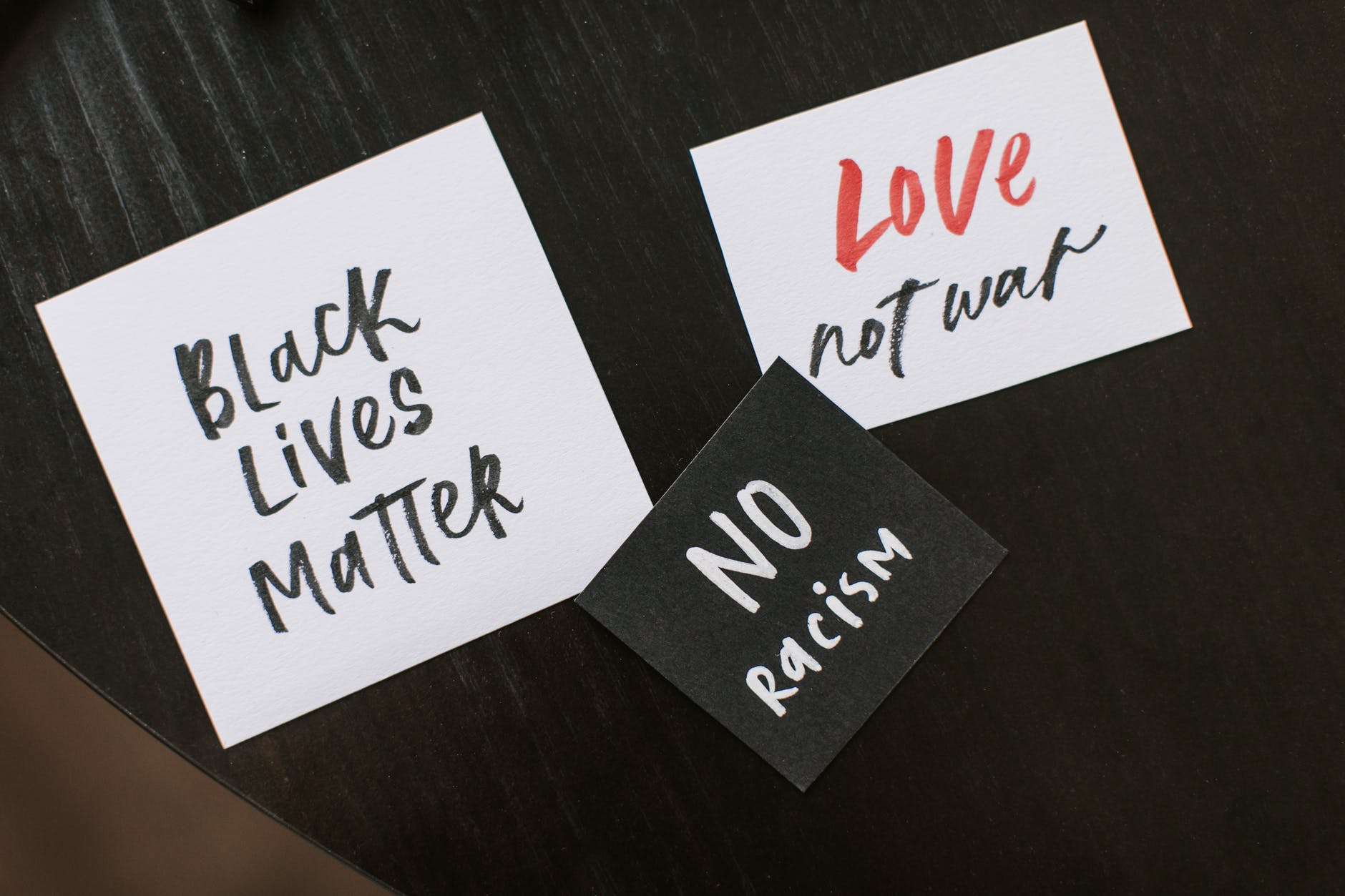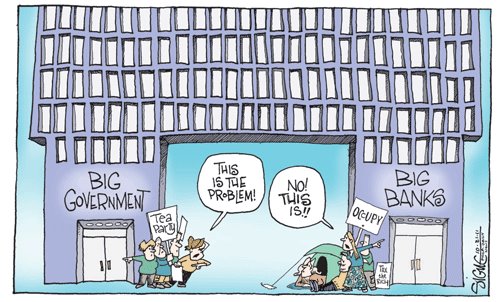
Solarpunk walks the middle path between technosolutionism and anarcho-primitivism, so while #bancars has a nice ring to it, I lean more toward using cars where they make sense, but not treating them as the proverbial hammer to the nails of all societal problems like 20th Century urban planners did here in the US.
We’ve explored some of the issues with car-centric design here before, and if you want to explore it further, I highly recommend Not Just Bikes for video or The War on Cars if you prefer podcasts, but suffice it to say that designing the environment around the automobile has had significant deleterious effects on both the natural world and society.
Tesla’s recent robotaxi unveiling had this quote, which I found interesting. [via Stratechery]
When you drive around a city, or the car drive you around the city, you see that there’s a lot of parking lots. There’s parking lots everywhere. There are parking garages. So what would happen if you have an autonomous world is that you can now turn parking lots into parks…there’s a lot of opportunity to create greenspace in the cities that we live in.
As usual, techbros are able to see a problem but really miss on executing a solution because they are hampered by the profit motive of late-stage capitalism. You know what else makes parking lots obsolete and already exists? Density and public transit.

City living that is now the dominant way people live, which is the ideal use case for public transit coupled with electric micromobility like e-scooters and e-bikes. Densification with things like superblocks makes life easier and can improve human happiness, especially when we’re also weaving in the natural world to our built environment through ecological density.
The vehicles we do have in a solarpunk future won’t look like the dominant species on the road here in the US today, the giant pickup. Trucks have gotten heavier, less capable, and more deadly to pedestrians than their forebears. This all happened while people are less likely to use their trucks for truck stuff.

Even if you assume that all the trucks on the road now are necessary, surely you don’t need a 3,000 kg (6,500 lb) vehicle to do it? Kei trucks have been doing truck stuff for years in a much smaller package, and now there’s an EV truck on the horizon that will do truck stuff in something the size of a Mini: Telo. The Telo MT1 has a folding midgate like the Avalanche of yore giving it a full 8′ bed as well as the ability to fit five to eight passengers inside depending on if you put the bed cap on the back.

I’m particularly excited about Telo since while I don’t want a truck, there’s also a van version planned as a second model. We’ve gone from a one car family to two after our move due to my wife’s work being inaccessible via any means but driving. We had a rental minivan while her car was in the shop, and the sliding doors were awesome with a toddler, but it was anything but mini in size.

A vehicle which has had a few ups and downs getting to production is the Aptera. Obviously based on a lot of the techniques we used building solar cars for student design challenges, the Aptera takes efficiency to the extreme to make a vehicle that can actually get an appreciable amount of range from just the solar panels on it. I still think stationary panels on a building make more sense in general, but vehicles like it and the Stella Vita show what could be possible when small efficient vehicles are the norm.

Those of you overseas might not understand what the fuss is about since you already have small EVs like the Hyundai Inster available which packs a ton of space into a small footprint. It can’t haul plywood, but it would fulfill 90% of the needs of most people, especially once you factor in the increased density of cities and availability of public transit and high speed rail in a solarpunk future. I imagine a few small shared vehicles in a neighborhood for those times when you need a personal vehicle, but otherwise you’d be walking, biking, or taking transit to get around.
I grew up restoring classic cars and going to car shows, so I’ll admit I’m biased to say I don’t think cars will totally go away in a solarpunk future. EVs are a necessary, but not sufficient part of addressing the climate crisis. As some advocates say, EVs are here to save the auto industry, not the planet. We need fewer personal vehicles and big roads, and the shared vehicles we have should look more like the Telo, Inster, Aptera or even the robotaxi instead of a Hummer EV.
What do you think? Am I just too set in my thinking to imagine a world without cars, or are there some use cases where a car is the right tool for the job?
















